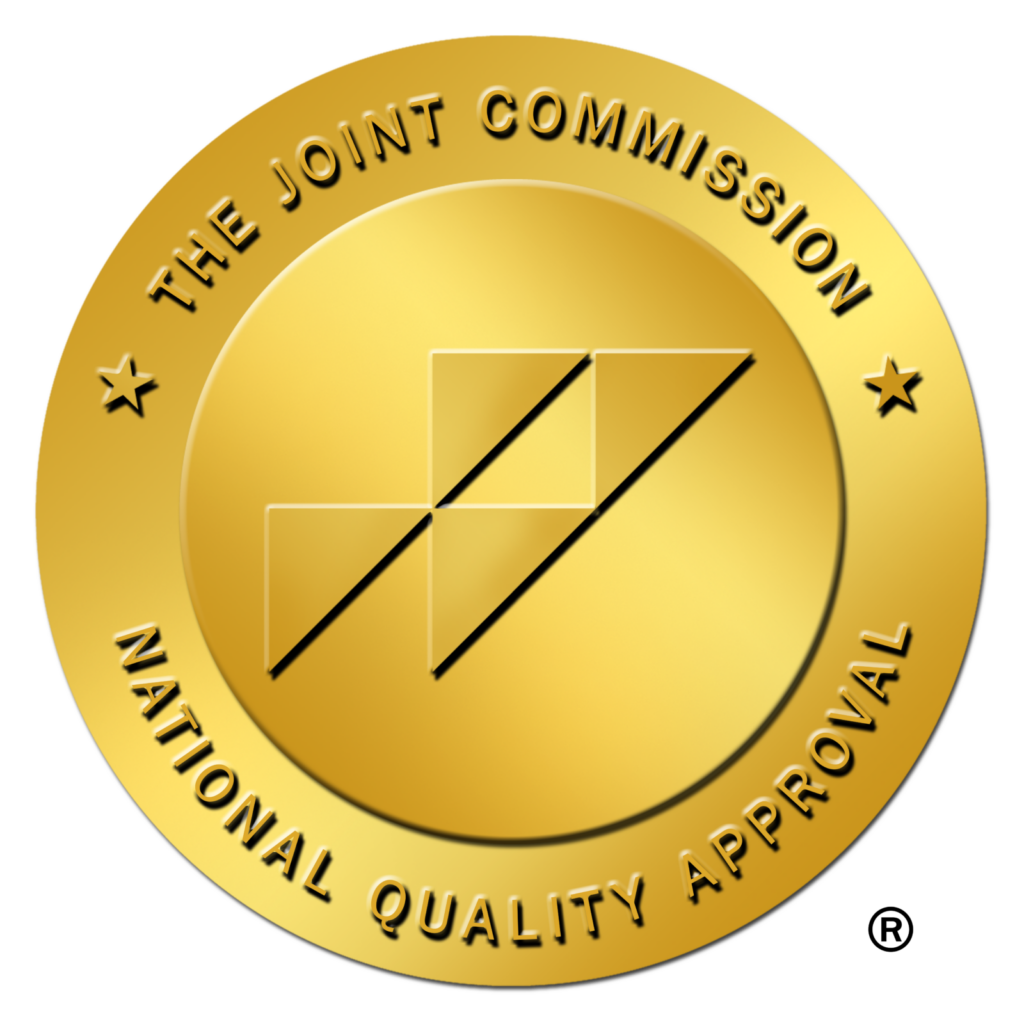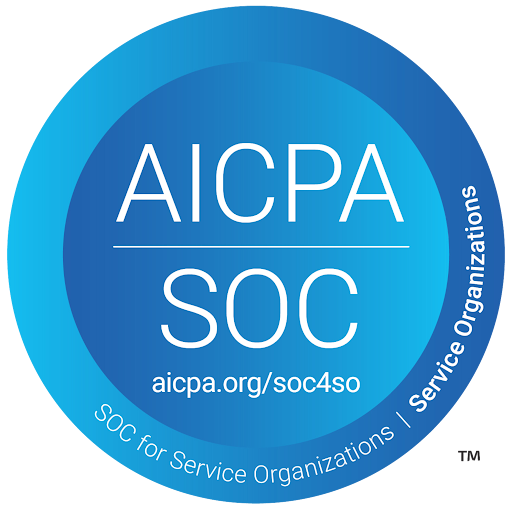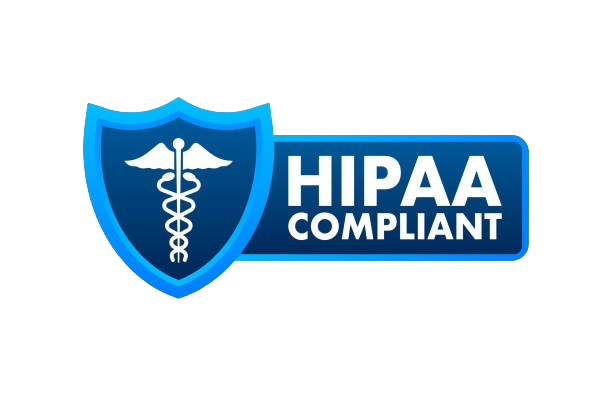Reviewed by Joel Salinas, MD
The U.S. Food and Drug Administration (FDA) has approved a new way to take Leqembi® (lecanemab), a treatment for people in the early stages of Alzheimer’s disease. Until now, Leqembi has only been available through an intravenous (IV) infusion given at a clinic every two weeks. With the FDA’s latest approval, patients who have already completed 18 months of IV treatment will have the option to continue with a once-weekly injection at home using an autoinjector device called Leqembi® IQLIK™, starting in October 2025.
This new option is designed to make Alzheimer’s treatment more convenient and easier to manage, without sacrificing treatment effectiveness.
Why this matters
For many families, getting to infusion centers regularly can be a major challenge. Travel, scheduling, and the time required for an IV infusion add up, especially for people living in areas with limited access to specialized care. Switching to a simple injection that can be given at home allows patients and families to reduce that burden while still receiving the same treatment benefits.
Studies show that the weekly injections work just as well as the IV infusions at helping slow the progression of cognitive decline. The most common side effects with the injection are mild, such as temporary redness or irritation at the injection site. Importantly, the risk of focal brain swelling or microbleeds (collectively known as amyloid-related imaging abnormalities, or ARIA), which is closely monitored with this treatment, appears to be about the same whether the drug is given by IV or by injection.
“Due to the reaccumulation of [Alzheimer’s disease] biomarkers and return to placebo rate of decline after therapy is stopped, maintenance treatment with once-weekly [injection] or once every four weeks of IV therapy offers patients options to continue slowing the disease progression and prolong the benefit of therapy, with the goal of helping patients maintain who they are for longer,” reads the announcement from biotechnology company Biogen.
What does this mean for you or your loved one?
If you or someone you care for is already receiving Leqembi® through IV infusions and has completed the initial 18-month course, you may now have the option to switch to the at-home injection form. That means fewer trips to the clinic, less time sitting through treatments, and more flexibility in day-to-day life.
For caregivers, this shift can also bring peace of mind. Instead of planning around infusion appointments, you may be able to give the injection at home once a week. The autoinjector is designed to be simple and quick to use, similar to devices used for other conditions like diabetes or rheumatoid arthritis.
It’s important to note that patients will still need ongoing check-ins with their healthcare team to monitor for side effects and ensure the treatment is working as expected. But the day-to-day management of treatment may become much less demanding.
In short, the approval of an at-home version of Leqembi® is an encouraging step forward in the fight against Alzheimer’s disease. For patients, it means a treatment that is easier to stick with over an extended period of time. For family members and caregivers, it means one less logistical challenge in an already demanding role. And for communities affected by Alzheimer’s disease, it signals progress toward treatments that not only slow the disease but also fit more seamlessly into daily life.
If you or a loved one is interested in learning more about treatments for Alzheimer’s disease and related dementias, Isaac Health’s clinicians are here to help. Reach out to us at (888) 818-2059 for a free virtual consultation.








